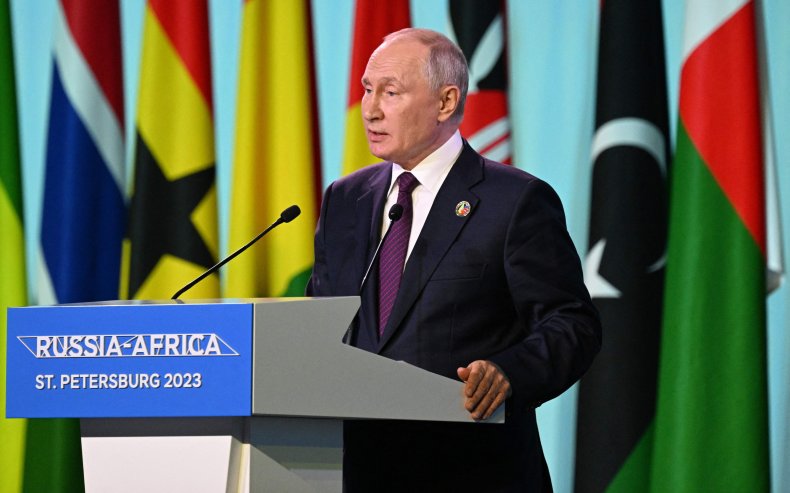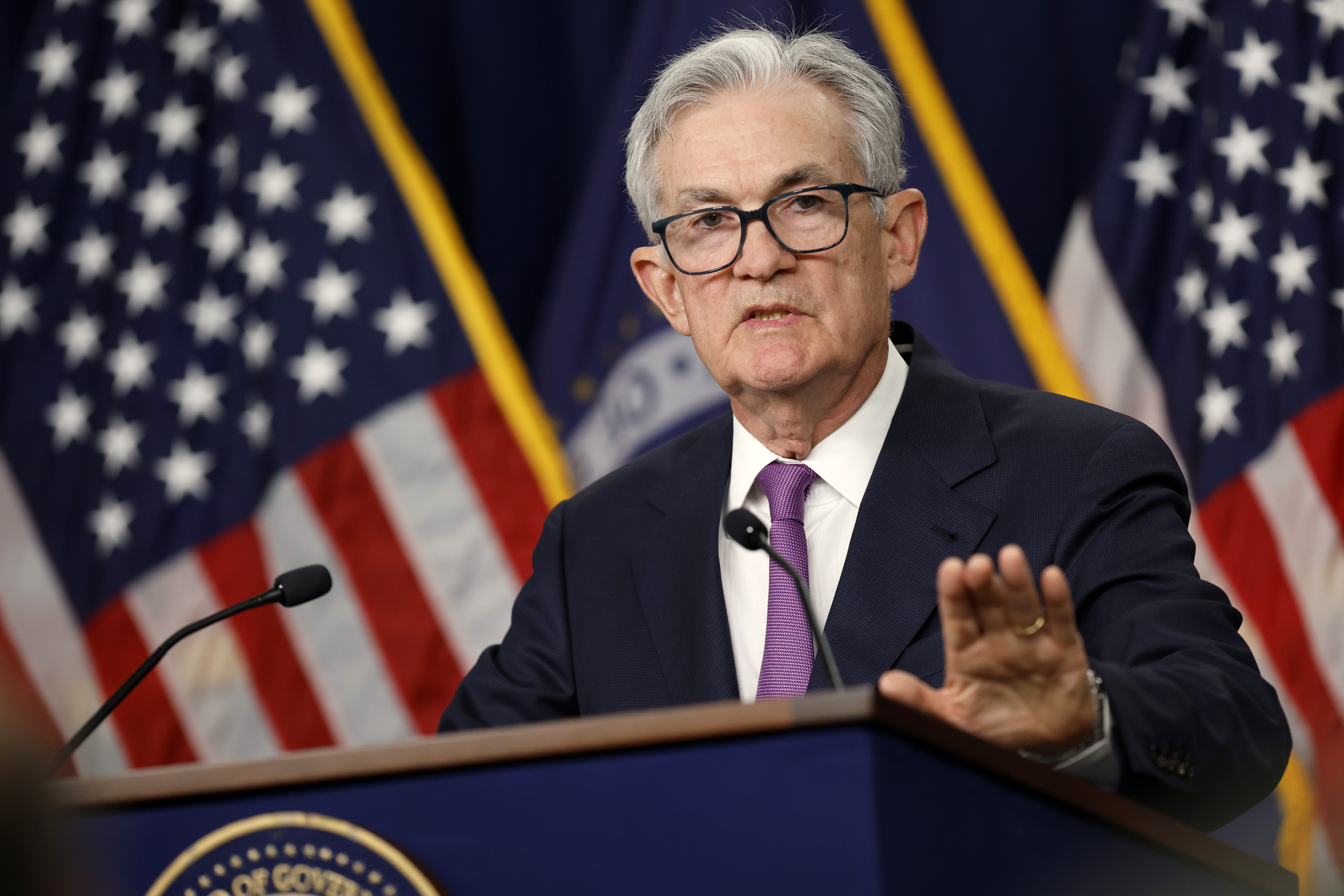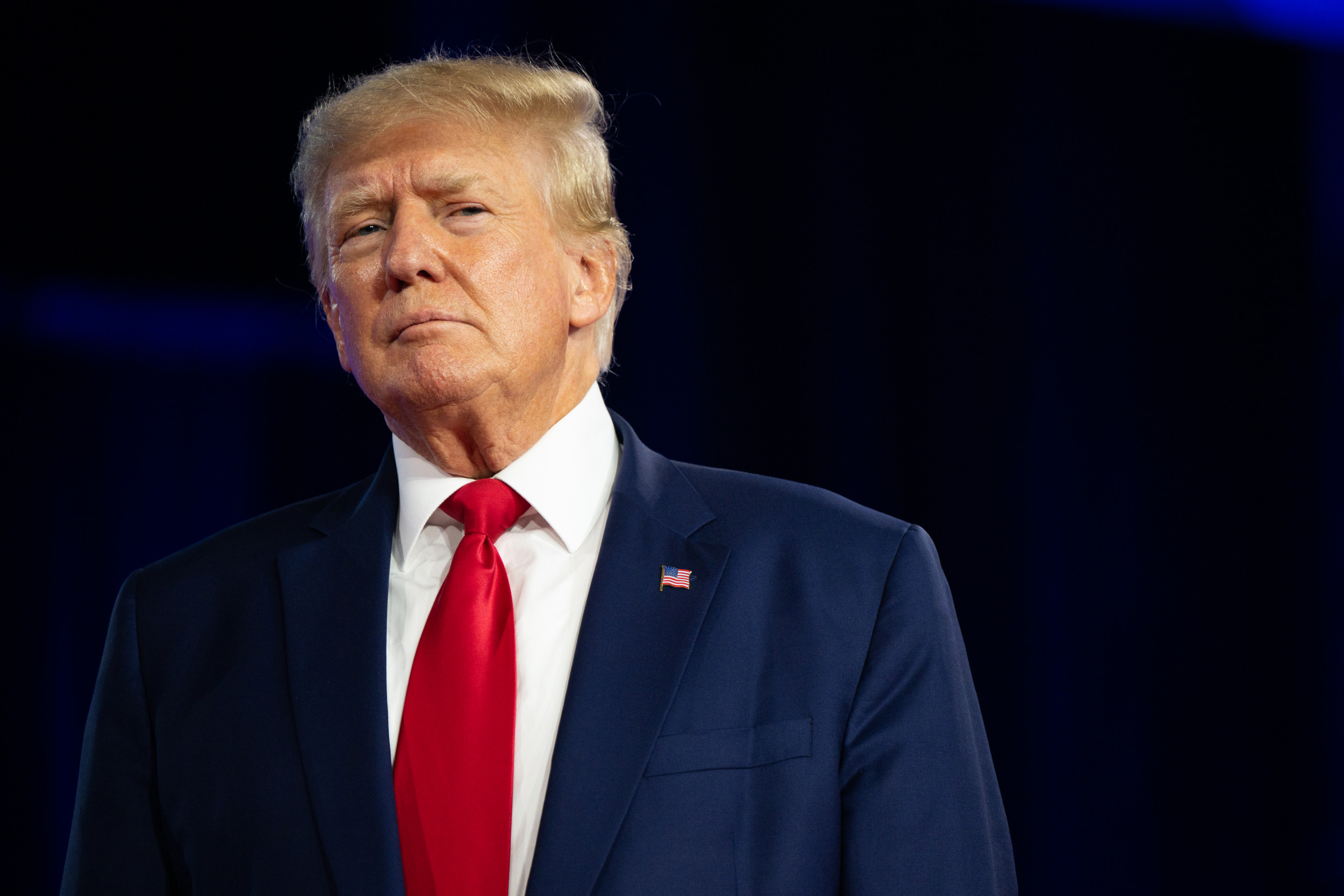African countries are turning away from the Russian currency, the ruble, to pay for goods they import from Russia, with the Chinese currency instead taking precedence.
The Russian business newspaper RBC reported a sharp dip over the past year in the use of the ruble among African countries buying Russian products, as they instead turn to the yuan in search of flexibility, stability and safety.
The publication cited the country's central bank statistics, which showed how the share of ruble payments for Russian exports to Africa tumbled from 23.7 percent in July 2022 to 12.7 percent in July 2023. Over the 12-month period, African trade with Russia still increased from 2.3 percent of Russia's exports to 3.7 percent.

Russia's currency has suffered following the country's invasion of Ukraine last year and the economic fallout, including heavy sanctions. Russia's central bank decided not to implement partial capital controls earlier this year to stem the falling currency, which has been volatile and slumped to below 90 to the dollar.
Sanctions imposed on Putin have included freezing foreign-exchange reserves and cutting off Russia from the Society for Worldwide Interbank Financial Telecommunication (SWIFT) banking system, spurring Moscow to divide the international community into "friendly" and "unfriendly" countries.
Moscow has been pushing other states, especially those getting Russian products at a discount, such as oil, fertilizers and grains, to pay in either rubles or one of the currencies of the BRICS countries. By avoiding the U.S. dollar or the euro, "friendly" countries can get a sizeable discount. But RBC reported that African countries have "almost stopped paying in rubles for exports from Russia."
"None want to use the ruble because of the difficulty in paying to a Russian bank and in converting the ruble to other currencies," said Chris Weafer, chief executive officer of strategic consultants Macro Advisory Ltd. "Most now prefer to use the yuan for payment as it has the greatest convertibility of the other alternatives, " he told Newsweek.
India is among the "friendly" countries and it has bought large stocks of discounted oil in its currency, the rupee. However, up to $1 billion each month in rupee assets in Indian banks can't be accessed by Russia due to restrictions by the Reserve Bank of India, which prevents the conversion of the currency into rubles.
Russia is working with Indian authorities to find a way to access the rupees trapped in Indian banks, which Weafer said means that "the best alternative is to use the yuan because that is easily converted and can be quickly transmitted to Russian banks via the Chinese banks."
"From January, when the United Arab Emirates joins BRICS, I expect to see a greater use of the UAE's (currency) the dirham in bilateral Russian trade also," he added.
In July, Putin tried to woo African countries at the Russia-Africa summit in St. Petersburg, where he championed Russia's growing economic ties with the continent as part of a pivot away from the dominance of the West in world trade and politics.
But only 17 African heads of state out of 54 attended, as Putin faced criticism from some African leaders for pulling out of the Black Sea grain deal, which guaranteed the safe passage of food from Ukraine that Africa is heavily reliant upon.








